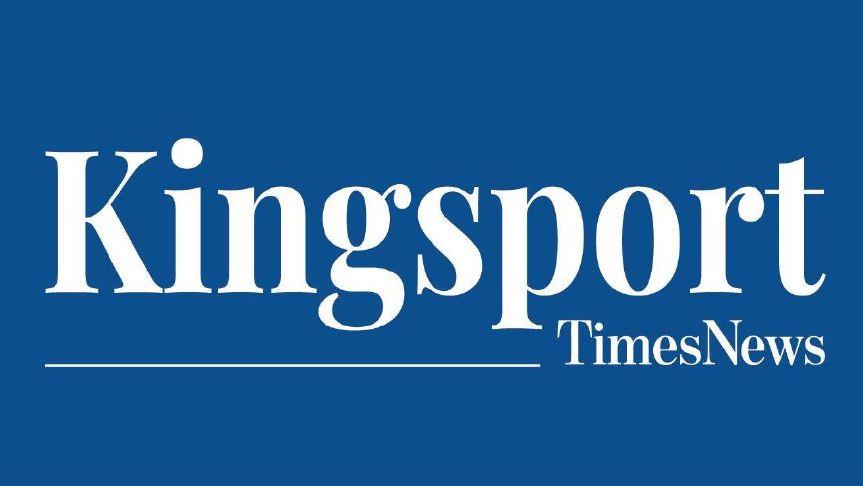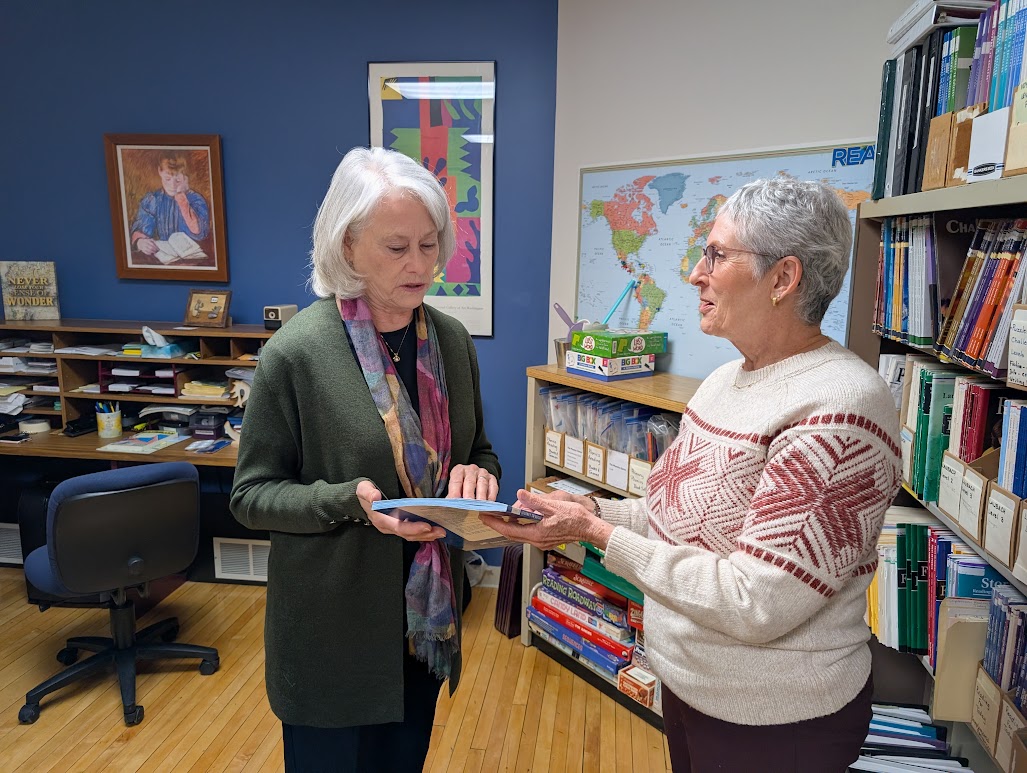LASG empowers 600 undergraduates with software skills – The Guardian Nigeria News

Lagos State Tech Empowerment Initiative: A Report on Advancing Sustainable Development Goals
Executive Summary
The Lagos State Government, through a strategic partnership, has successfully trained over 600 undergraduate students in Software Quality Assurance (SQA). This initiative directly supports the achievement of several United Nations Sustainable Development Goals (SDGs) by equipping youth with relevant technical skills for the 21st-century digital economy. The program focuses on enhancing education quality, promoting decent work, fostering innovation, and reducing inequalities through targeted skills development.
Program Overview and Objectives
The three-week training program was a collaborative effort designed to prepare students for emerging opportunities in the global technology ecosystem. Key details include:
- Initiator: Office of the Senior Special Adviser (SSA) to the Governor on Students’ Union Affairs and Tertiary Education.
- Key Partners: Korrekt Tech and the Ministry of Tertiary Education.
- Participating Institutions: College of Health Technology, Yaba; Lagos State University of Technology (LASUSTECH), Ikorodu; and Lagos State University of Education (LASUED), Otto-Ijanikin.
- Core Curriculum: Participants received training in the fundamentals of software testing, static techniques, and career guidance for the technology industry.
- Primary Goal: To equip students with practical, in-demand skills to meet real-world challenges and enhance their employability.
Alignment with Sustainable Development Goals (SDGs)
The initiative makes significant contributions to the 2030 Agenda for Sustainable Development:
- SDG 4: Quality Education: The program directly addresses Target 4.4 by increasing the number of youths with relevant technical and vocational skills for employment and entrepreneurship. It provides specialized ICT training that complements formal education, ensuring students are future-ready.
- SDG 8: Decent Work and Economic Growth: By developing a cohort of skilled SQA professionals, the initiative enhances youth employability and supports Target 8.6, which aims to reduce the proportion of youth not in employment, education, or training. These skills are critical for securing decent work in the high-growth technology sector.
- SDG 9: Industry, Innovation, and Infrastructure: A skilled tech workforce is fundamental to building resilient infrastructure and fostering innovation. SQA experts ensure the reliability of digital products, which is essential for a robust and innovative technology industry.
- SDG 10: Reduced Inequalities: The program promotes inclusivity by offering valuable tech skills to students across multiple public tertiary institutions. This helps bridge the digital divide and provides equal opportunities for career advancement in the digital economy.
- SDG 17: Partnerships for the Goals: The initiative exemplifies a successful multi-stakeholder partnership (Target 17.17) by uniting government bodies, a private sector entity (Korrekt Tech), and academic institutions to achieve common development goals.
Stakeholder Remarks and Program Impact
Key stakeholders highlighted the program’s alignment with strategic development objectives:
- The SSA to the Governor, Kappo Olawale, stated the program aligns with Governor Sanwo-Olu’s vision to build a generation of skilled and future-ready students, emphasizing the importance of SQA for thriving in a technology-driven world.
- The Commissioner for Tertiary Education, Sule Tolani, described the initiative as timely and impactful for sharpening students’ employability in the ICT sector, noting that digital skills are now essential across all professions.
- Korrekt Tech Founder, Rudwan Abdulazeez, commended the participants’ commitment and called for further investment to ensure the sustainability of the initiative, stressing the economic importance of SQA.
- Student leaders and university officials lauded the program as a visionary commitment to youth empowerment that adds significant value to students’ knowledge and career growth.
Analysis of the Article in Relation to Sustainable Development Goals
-
Which SDGs are addressed or connected to the issues highlighted in the article?
-
SDG 4: Quality Education
The article directly relates to SDG 4 by focusing on providing inclusive and equitable quality education and promoting lifelong learning opportunities. The program described is a form of tertiary education enhancement, aiming to equip students with relevant, modern skills.
-
SDG 8: Decent Work and Economic Growth
The initiative is designed to improve the employability of students and prepare them for the “digital economy.” By providing tech skills, the program aims to foster productive employment and decent work for graduates, contributing to economic growth.
-
SDG 9: Industry, Innovation, and Infrastructure
The focus on “tech skills,” “Software Quality Assurance (SQA),” and preparing students for the “global technology ecosystem” aligns with SDG 9’s goal of fostering innovation and building resilient infrastructure. Equipping the future workforce with ICT skills is fundamental to developing a nation’s technological capabilities.
-
SDG 17: Partnerships for the Goals
The program is a collaborative effort involving multiple stakeholders: the Lagos State Government (Office of the SSA), the Ministry of Tertiary Education, and a private company (Korrekt Tech). This multi-stakeholder partnership is a core principle of SDG 17, which emphasizes collaboration to achieve sustainable development.
-
SDG 4: Quality Education
-
What specific targets under those SDGs can be identified based on the article’s content?
-
Target 4.4: Increase the number of youth and adults with relevant skills for employment.
The article explicitly states the program’s purpose is to “empower over 600 undergraduates with tech skills” and “sharpening students’ employability.” This directly addresses the goal of increasing the number of young people with technical and vocational skills needed for employment and entrepreneurship.
-
Target 8.6: Reduce the proportion of youth not in employment, education or training.
By providing undergraduates with “practical skills for real-world challenges” before they graduate, the initiative proactively addresses the issue of youth unemployment. It aims to ensure that these students are “future-ready” and can transition smoothly into the workforce, thereby reducing the likelihood of them becoming unemployed after graduation.
-
Target 9.c: Increase access to information and communications technology.
While the target focuses on providing access to the internet, its spirit includes enhancing ICT capabilities. The program increases access to ICT knowledge and skills, noting that “every profession now requires ICT skills for seamless learning, productivity, and innovation.” This promotes technological upgrading and innovation across all sectors.
-
Target 4.4: Increase the number of youth and adults with relevant skills for employment.
-
Are there any indicators mentioned or implied in the article that can be used to measure progress towards the identified targets?
-
Indicator related to Target 4.4: Number of individuals trained.
The article provides a direct quantitative indicator: “over 600 undergraduates” were empowered. This number serves as a direct measure of the program’s output in increasing the pool of youth with relevant tech skills.
-
Indicator related to Target 4.4: Type of skills acquired.
The article specifies the skills taught, including “Software Quality Assurance (SQA),” “fundamentals of software testing,” and “static techniques.” This qualitative indicator helps measure the relevance and quality of the training provided, which is crucial for assessing progress towards creating an employable workforce.
-
Indicator related to Target 17: Existence of a multi-stakeholder partnership.
The article clearly outlines the collaboration between the “Lagos State Government,” the “Ministry of Tertiary Education,” and “Korrekt Tech.” The formation and successful execution of this partnership is an indicator of progress towards SDG 17, demonstrating effective public-private collaboration for sustainable development goals.
-
Indicator related to Target 4.4: Number of individuals trained.
SDGs, Targets, and Indicators Table
| SDGs | Targets | Indicators |
|---|---|---|
| SDG 4: Quality Education | Target 4.4: By 2030, substantially increase the number of youth and adults who have relevant skills, including technical and vocational skills, for employment, decent jobs and entrepreneurship. | The number of students trained (“over 600 undergraduates”) and the specific skills acquired (“Software Quality Assurance”). |
| SDG 8: Decent Work and Economic Growth | Target 8.6: By 2020, substantially reduce the proportion of youth not in employment, education or training. | The number of students (“youth”) provided with training designed to enhance “employability” and prepare them for the “digital economy.” |
| SDG 9: Industry, Innovation, and Infrastructure | Target 9.c: Significantly increase access to information and communications technology and strive to provide universal and affordable access to the Internet. | Provision of training in specific ICT skills to students across various disciplines to promote technological capability and innovation. |
| SDG 17: Partnerships for the Goals | Target 17.17: Encourage and promote effective public, public-private and civil society partnerships. | The established collaboration between the Lagos State Government, the Ministry of Tertiary Education, and the private company Korrekt Tech. |
Source: guardian.ng
What is Your Reaction?
 Like
0
Like
0
 Dislike
0
Dislike
0
 Love
0
Love
0
 Funny
0
Funny
0
 Angry
0
Angry
0
 Sad
0
Sad
0
 Wow
0
Wow
0


















































































